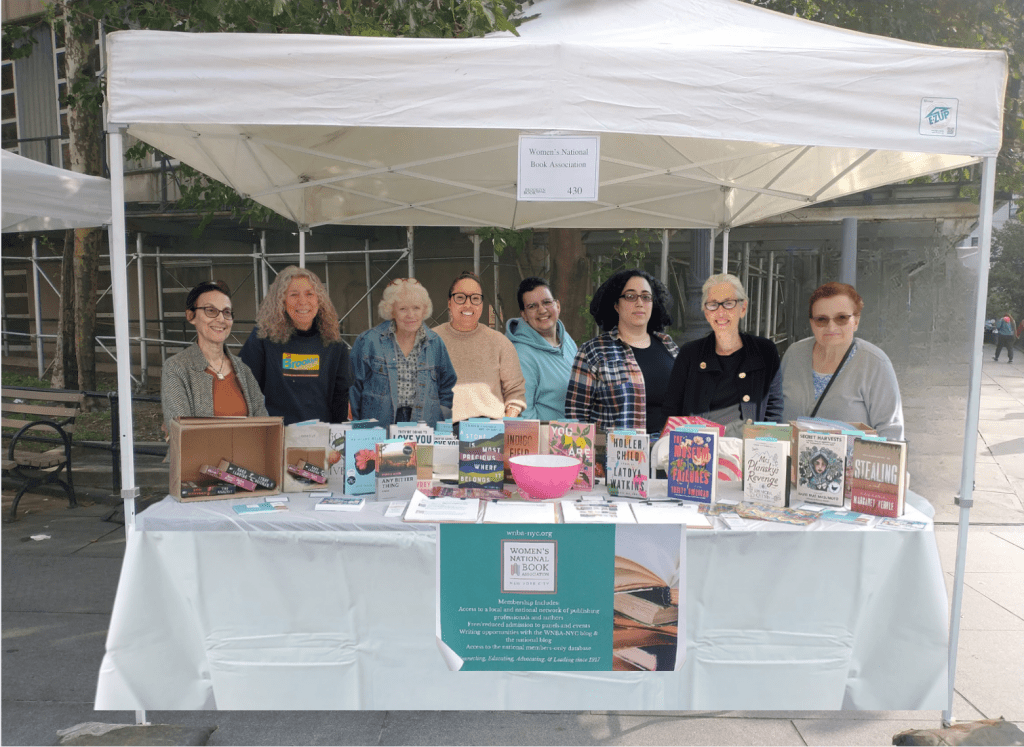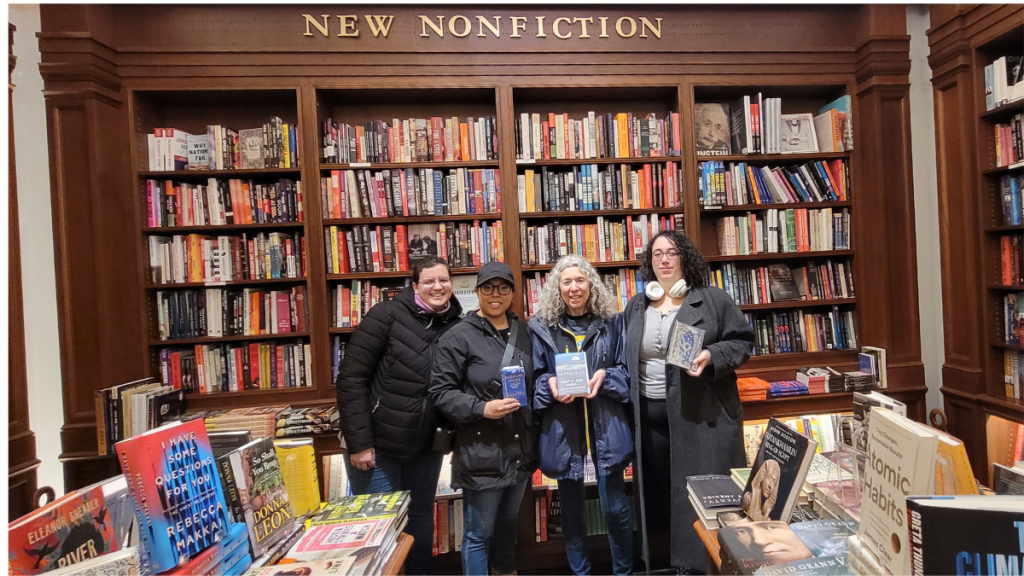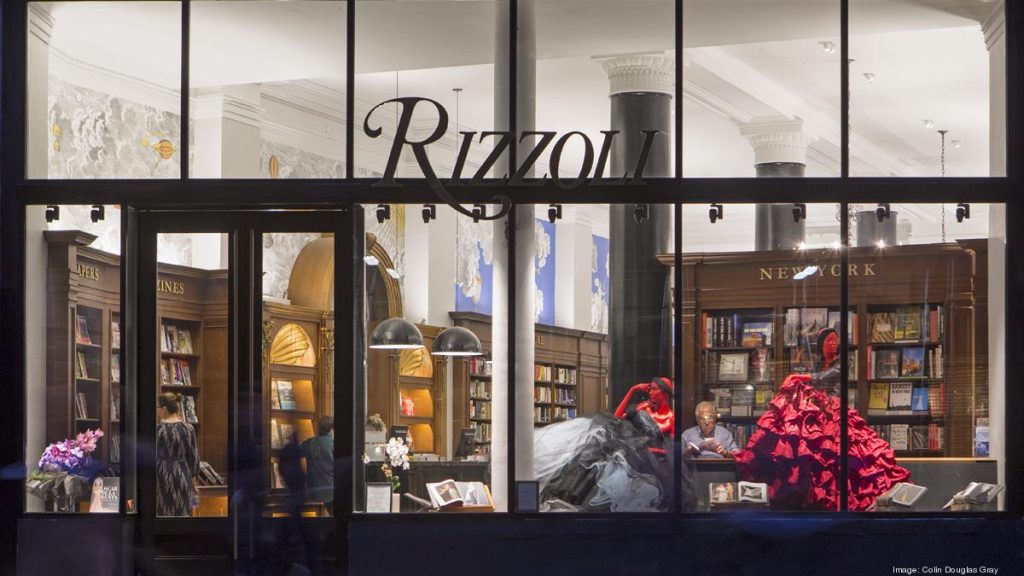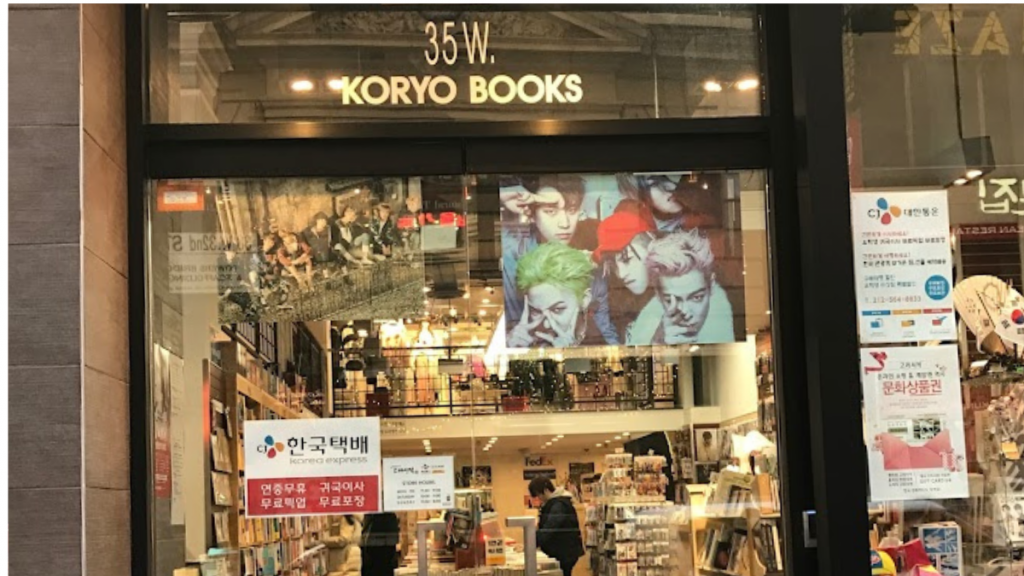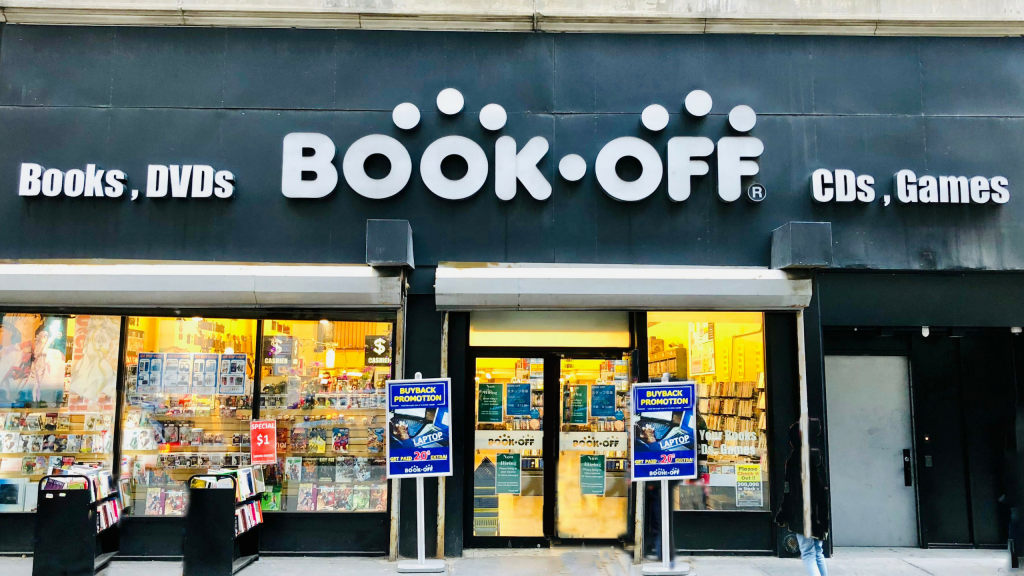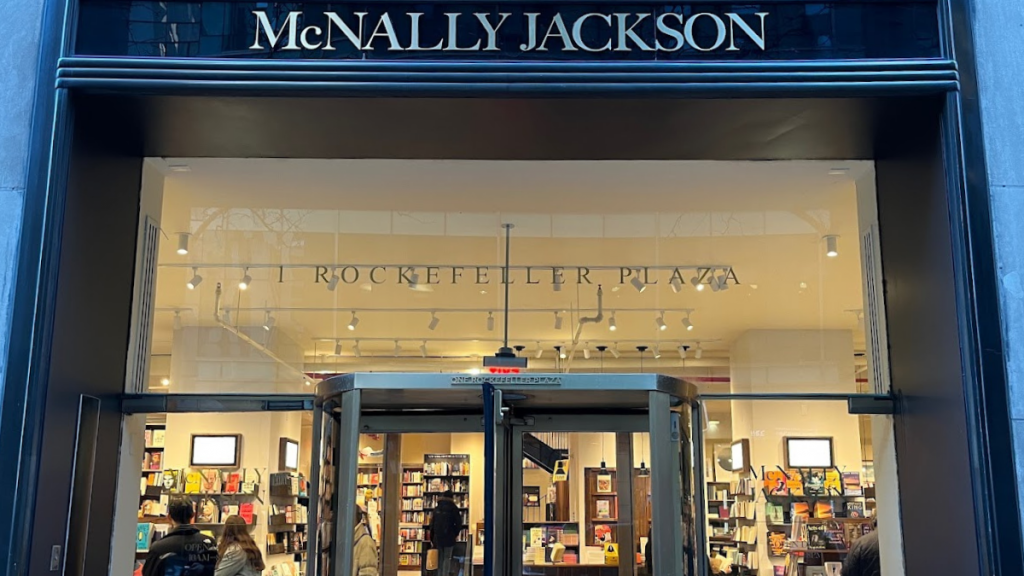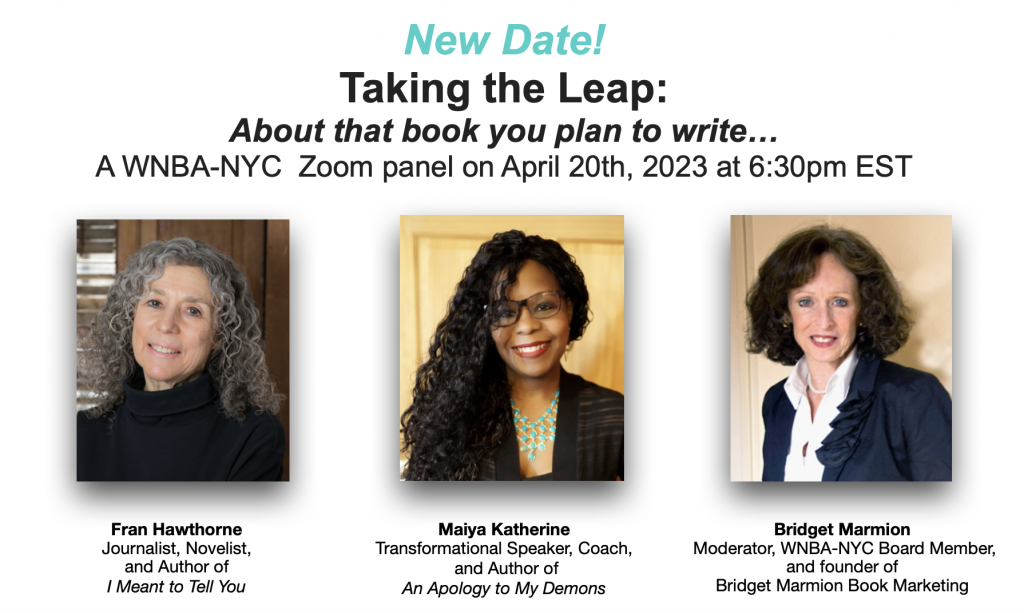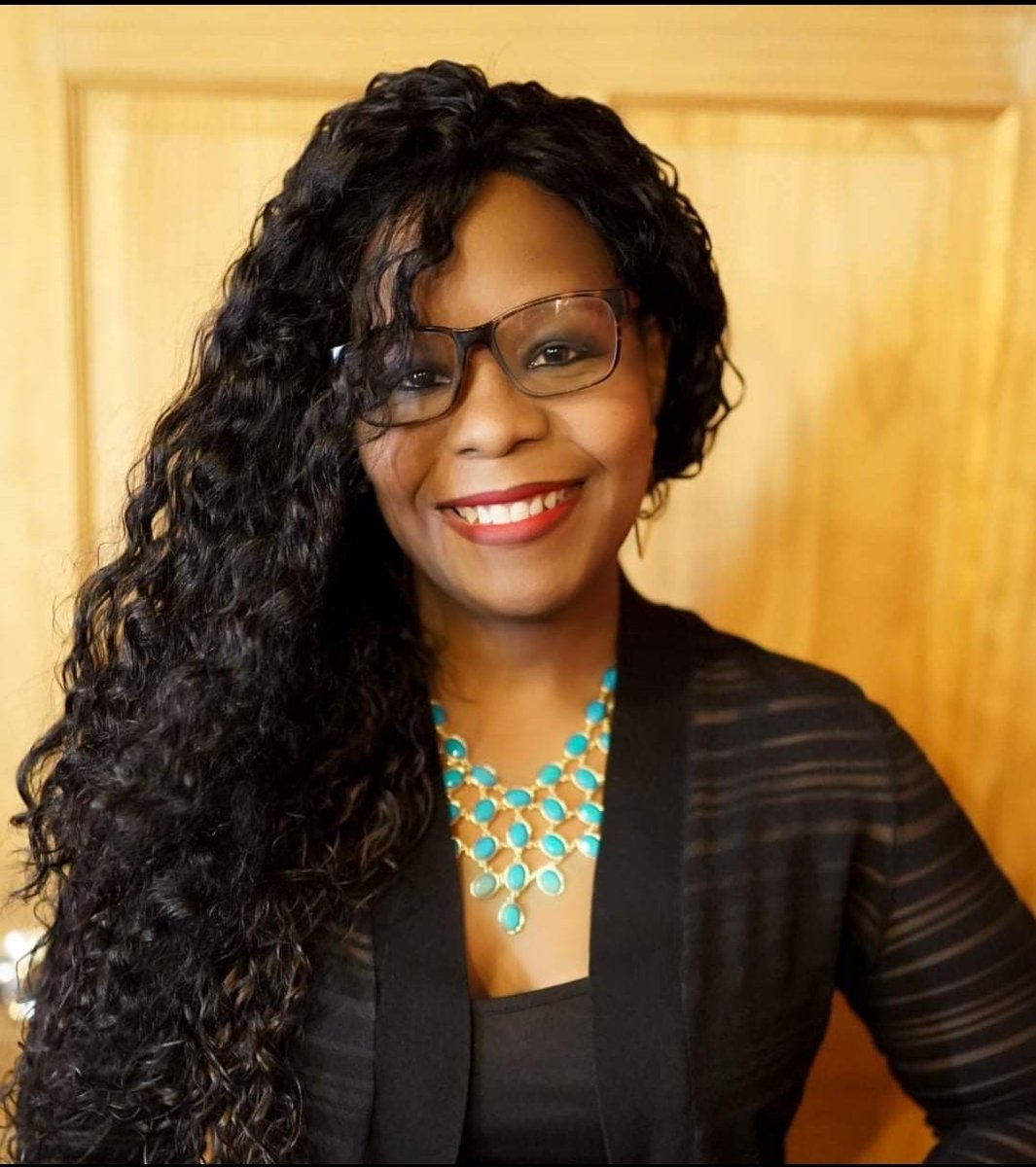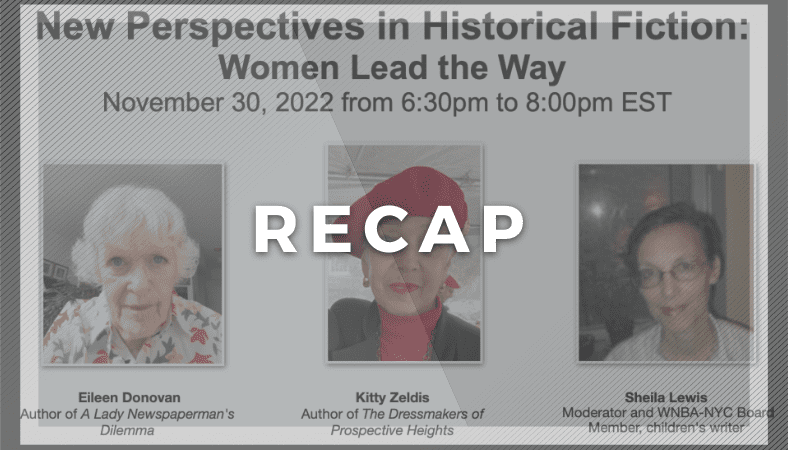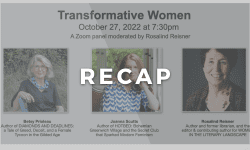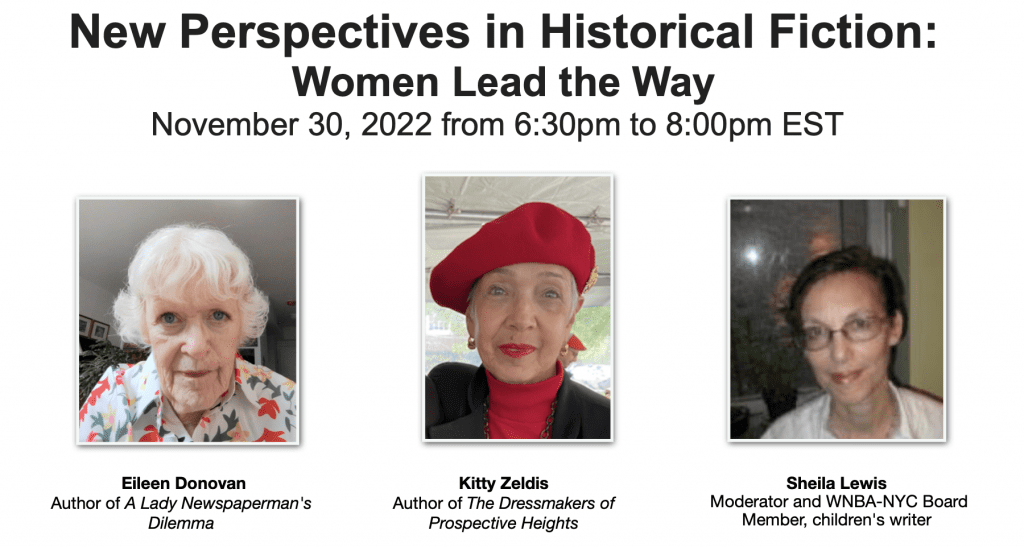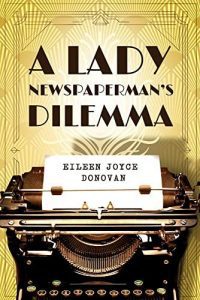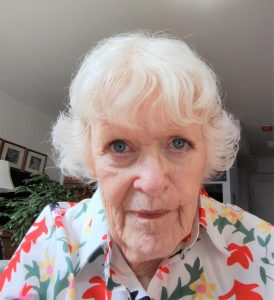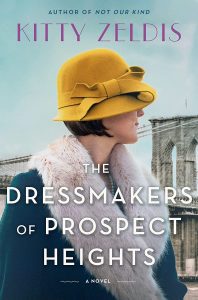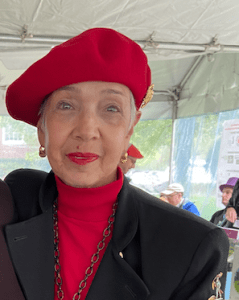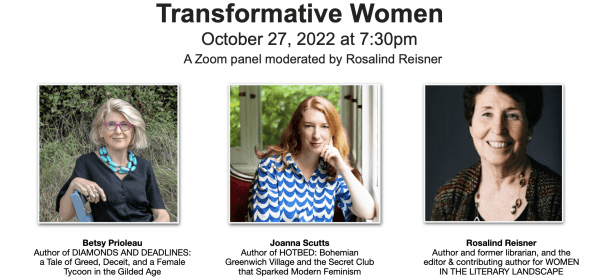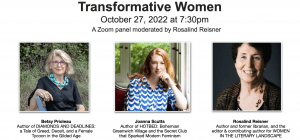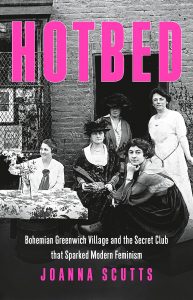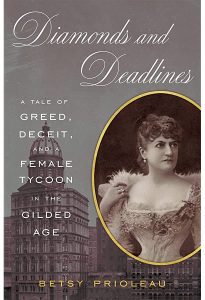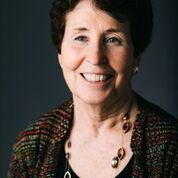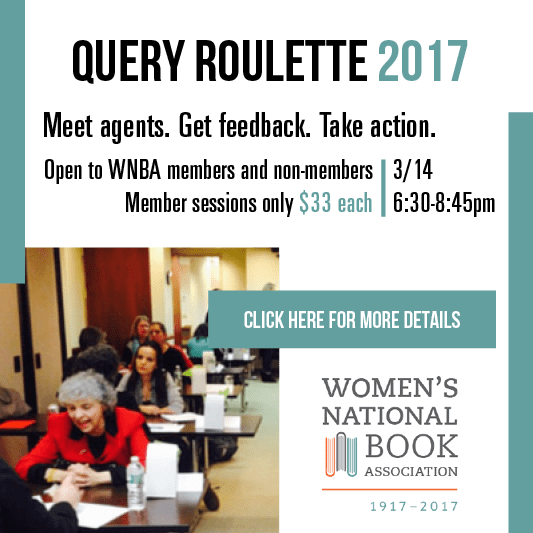By: Rosalind Reisner
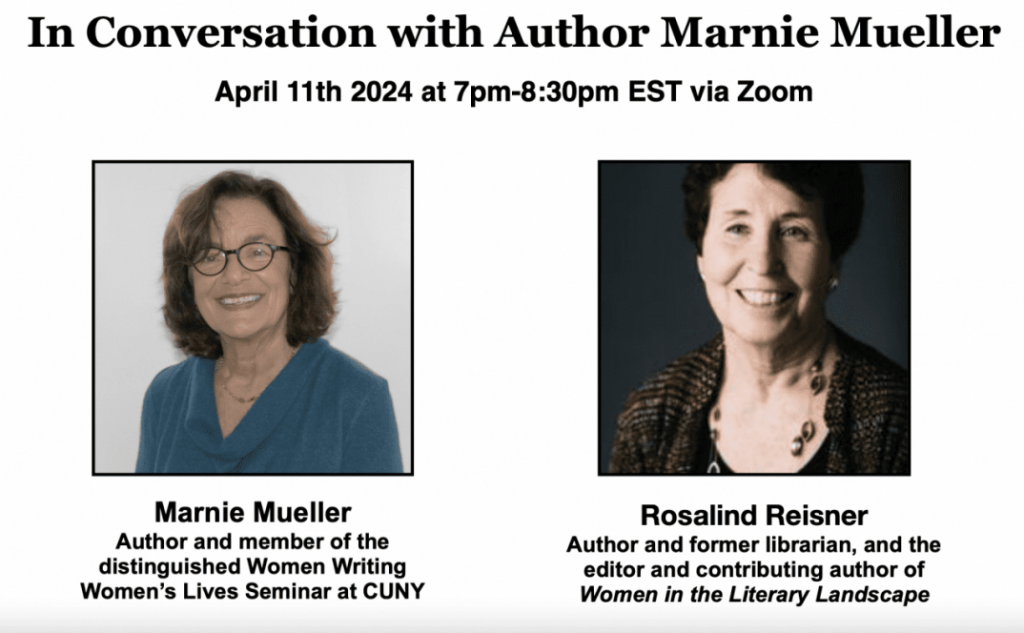
Mark your calendars for an April 11, 2024 at 7:00pm for a virtual program: In Conversation with Marnie Mueller. Marnie’s new book is a stunning story, a combined memoir and biography (maybe a new genre?) about her own life and a life-changing friendship.
The book, The Showgirl and the Writer: A Friendship Forged in the Aftermath of the Japanese American Incarceration, tells the remarkable true story of two women, one white and one Asian, who forged a deep friendship based on the secrets they carried. Marnie Mueller, a Caucasian, was born in a Japanese incarceration camp during World War II, because her parents had moved there to help make life more tolerable for the internees. Later, when the family moved to New England, Marnie was scarred by anti-Semitism and learned not to reveal her religion and her birth in the internment camp. Which of these experiences defined Marnie? It was hard for her to know. She spent two years as a Peace Corps volunteer in Ecuador; worked in New York City as a community organizer; spent time as a folk and rock concert promoter; and was the program director for WBAI. She did her best to move on.
Then she met Mary Mon Toy, a Japanese woman, trained at Juilliard, who passed as Chinese in order to build a successful Broadway and nightclub career. Mary was beautiful, ambitious, and determined. Marnie became Mary Mon Toy’s friend and caregiver in her last years. Their friendship, born of their shared experiences, was life-changing for both women, a chance to learn about each other and to heal.
Rosalind Reisner will interview Marnie.
Register here: /product/conversation-marnie-mueller/

